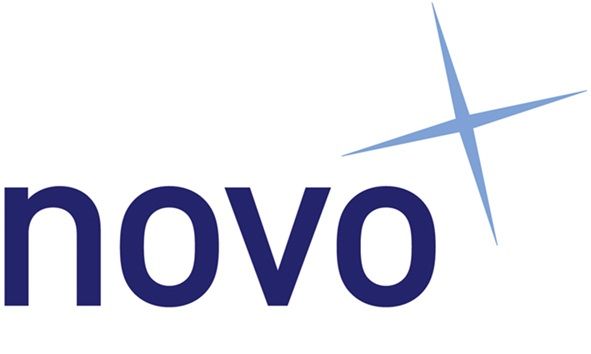Half of AI investment decisions don’t involve HR departments

CIPD report calls for function to be more active in strategic planning around automation – but says new technology can be good for jobs.
The introduction of widespread artificial intelligence (AI) and automation will have a broadly positive impact on the quality and number of jobs, according to a new report by the CIPD and PA Consulting – but HR is not sufficiently involved in decision-making processes around its implementation.
The CIPD found the introduction of new technology in the workplace would see job opportunities grow through enhancing existing roles, expanding employee skillsets and increasing pay.
But despite the impact of these new technologies on the workforce, the research suggested HR was one of the business functions least likely to be involved in investment decisions on AI and automation.
It found a lack of planning and investment to help staff and technology work in harmony could reduce productivity and increase the risk of people being left behind.
The CIPD’s report, People and Machines: From Hype to Reality, revealed almost a third (32 per cent) of UK businesses had invested in AI and automation in the last five years.
Slightly more had seen job creation (43 per cent) as a result of AI and automation than job elimination (40 per cent). Of the employers introducing new technology at work, 44 per cent believed the main jobs affected had become more secure, compared to 18 per cent who said they became less secure.
However, when it came to making business decisions around new technologies, HR reported being involved in just 55 per cent of investment decisions around AI, and just 45 per cent of implementation processes.
Functions including IT, production or operations, and research and development were all far more likely to be involved in such processes, the research found.
Peter Cheese, chief executive of the CIPD, said businesses needed to carefully consider the impact of new technologies on their staff before investing, embed technology in the right way and create jobs that were ‘good’ for people rather than negatively affecting performance or wellbeing.
“[This report] indicates a real need for HR and longer-term workforce planning, but too often HR struggles to be part of the conversation,” Cheese said. “Instead, people professionals should be taking the lead, orchestrating the debate on who does what work, where, when and how technology interacts with those processes.”
The CIPD called for effective people strategies to be at the heart of integrating automation into the workplace. It also said HR professionals should improve their understanding of AI and actively pursue a role in shaping how new technology is used at work. Katharine Henley, workforce transformation expert at PA Consulting, said employers had an opportunity to make a difference to people’s working lives by considering how to use technology to enhance employee experience.
“If HR teams work closely with IT to plan their future organisation in the right way, our future workforce could find the workplace more rewarding and enjoyable. Employers that focus on the creation of a better employee experience will attract the best talent,” Henley said.
The CIPD research indicated automation could increase employee wellbeing by providing more freedom over where people work and increasing the number of complex or interesting tasks they could undertake.
More than two in five (43 per cent) workers said they were learning new skills as a result of AI and automation being integrated into their roles, while 33 per cent said they were able to take on interesting tasks and projects at work.
But Naeema Pasha, director of careers at Henley Business School, cautioned that employees who did not consider how to develop key ‘human’ skills – including critical thinking, resilience and emotional intelligence – might be uncertain on how to deploy AI and unable to reap its full potential.
“There is a saying in the world of AI that everything that can be automated will be automated, and everything else is valuable,” Pasha said.
“We can see future MBAs working differently, placing greater emphasis on these higher level skills, and this fundamentally means, in our view, that a new focus on HR practice and leadership needs to take place.”
Originally published on People Management, https://www.peoplemanagement.co.uk/news/articles/half-ai-investment-decisions-do-not-involve-hr-departments












